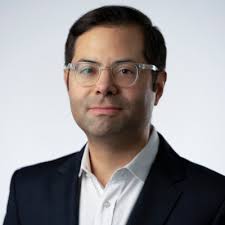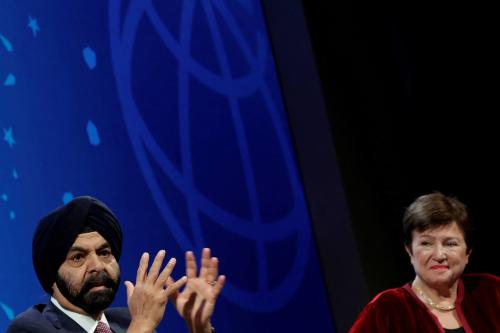Abstract
To identify ways to strengthen the IMF’s Executive Board in its various functions, this paper compares and contrasts that governing body with the executive boards of eleven other intergovernmental organizations (IGOs). The paper identifies four key roles that IGO executive boards are expected to play—those of political counterweight, performance police, democratic forum, and strategic thinker—and assesses how well the boards of the eleven organizations are equipped to play these roles. The exercise allows us to identify three “models” of governance, each with different strengths and weaknesses. The paper concludes that the twin crises of relevance and legitimacy that the IMF is currently facing are closely related to the Fund’s adherence to a particular model of governance. This model gives major shareholders close control via the Executive Board over the use of the financial resources they provide, but this control is maintained at the expense of the Board’s capacity to act as strategic thinker, performance police, and democratic forum. The paper offers recommendations on how to strengthen the Board’s capacity to play these other roles.


